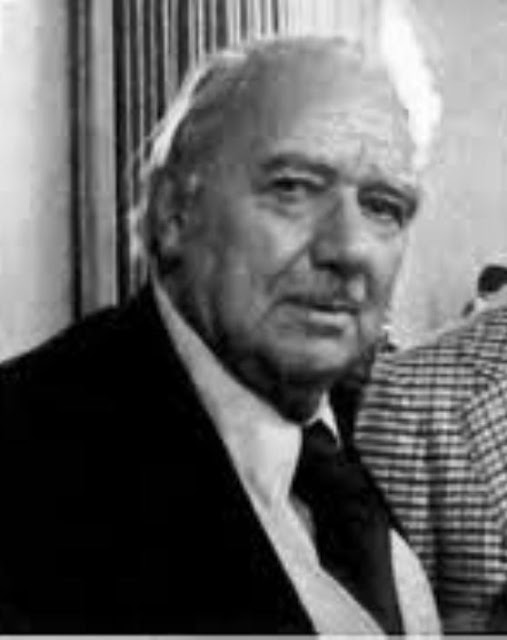"Then you won't let Count Dracula rest in his tomb?" inquired Lee Cobbett, his square face creasing with a grin.
Five of them sat in the parlor of Judge Keith Hilary Pursuivant's hotel suite on Central Park West. The Judge lounged in an armchair, a wineglass in his big old hand. On this, his eighty-seventh birthday, his blue eyes were clear, penetrating. His once tawny hair and mustache had gone blizzard-white, but both grew thick, and his square face showed rosy. In his tailored blue leisure suit, he still looked powerfully deep-chested and broad-shouldered.
Blocky Lee Cobbett wore jacket and slacks almost as brown as his face. Next to him sat Laurel ParcheV, small and young and cinnamon-haired. The others were natty Phil Drumm the summer theater producer, and Isobel Arlington from a wire press service. She was blond, expensively dressed, she smoked a dark cigarette with a white tip. Her pen scribbled swiftly.
"Dracula's as much alive as Sherlock Holmes," argued Drumm. "All the revivals of the play, all the films—"
"Your musical should wake the dead, anyway," said Cobbett, drinking. "What's your main number, Phil? 'Garlic Time?' 'Gory, Gory Hallelujah?'"
"Let's have Christian charity here, Lee," Pursuivant came to Drumm's rescue. "Anyway, Miss Arrington came to interview me. Pour her some wine and let me try to answer her questions."
"I'm interested in Mr Cobbett's remarks," said Isobel Arrington, her voice deliberately throaty. "He's an authority on the supernatural."






